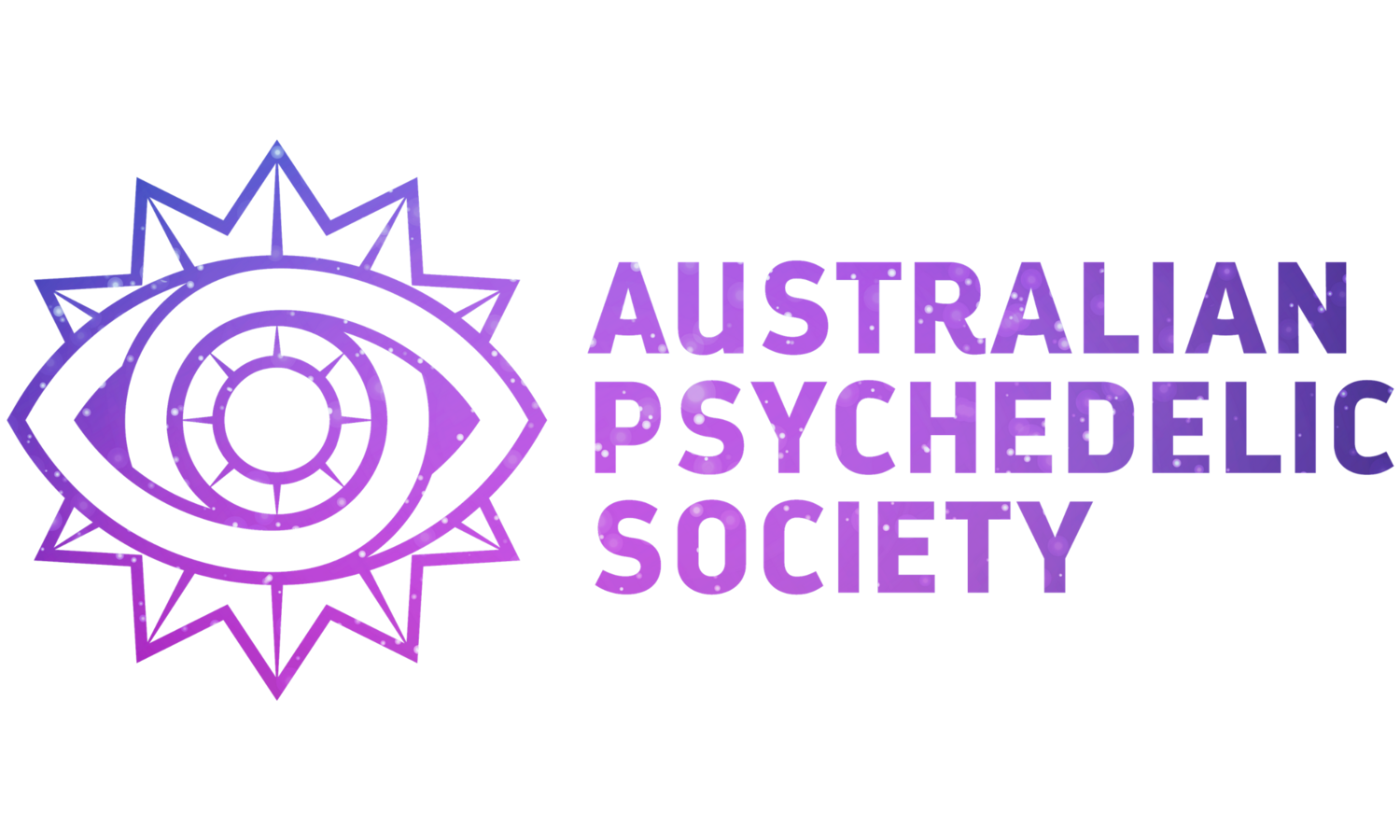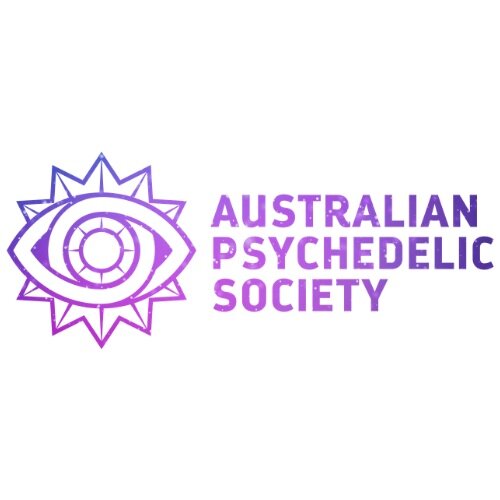The right stuff: would you make a good psychedelic psychotherapist?
by Dr Nigel Strauss
As psychedelic research and therapy rapidly become respectable in Australia, the issue of who is best placed to do this work is being openly discussed and debated.
Previously, underground psychedelic therapists were self-appointed and unregulated and although such illicit therapy will continue in one way or another into the future, the exciting challenge of working out who will make a good psychedelic psychotherapist in legalised Australian clinical practice, confronts us.
I don’t claim to have all the answers to this question but as an Investigator in five psychedelic clinical trials in Melbourne, variously involving psilocybin, MDMA, ayahuasca, and 5-MeO-DMT, as a psychedelic psychotherapist in two of these trials both involving psilocybin, as a trained MAPS psychotherapist, and as an author or co-author of several published papers on psychedelic medicine, I do have a few ideas.
Dr Nigel Strauss
First and foremost, you will need a clinical background in psychiatry, medicine, psychology, social work, or nursing.
As well, experience as a psychotherapist is essential. Psychotherapy is talking therapy which has relevance to every healer-patient interaction. How well and appropriately we relate to those we are treating is a crucial aspect of any treatment. In particular, in psychological or psychiatric treatment, whatever the theory or methodology behind it, it is well known that the key to success is the nature of the therapeutic relationship, and this is particularly true in psychedelic psychotherapy. Trust and support are integral components of psychedelic psychotherapy because a person under the influence of a psychedelic is usually both suggestible and vulnerable. All psychedelic psychotherapists therefore must work to the highest ethical standards.
But that’s just the easy bit!
The hard bit is more indeterminate. Why? Because psychedelic therapy is unique and unlike any other type of psychological or psychiatric therapy. And that is because true psychedelic medicines such as LSD and psilocybin have the potential to introduce a whole new spiritual, transpersonal or entheogenic dimension of human experience into this work. Now that doesn’t always happen, but when it does the effects can be profound.
Every psychedelic experience is unique and unpredictable, and at a base level some folk simply experience heightened sensory awareness with mild or intense perceptual changes in one or several of their sensory modalities.
Others will explore attachment or trauma issues from their personal unconscious.
At a deeper level, images and themes from the collective unconscious can lead to profound, illuminating outcomes. Remember, the word ‘psychedelic’ means ‘mind manifesting’, which implies strong emotions, fantasy, imagination, imagery, dreams, intuition, etc—all those subjective features of mind that have little to do with logic but lots to do with both the irrational and the non-rational, both of which can be powerful metaphorical and imaginal wellsprings of meaning and understanding.
At the deepest level, and this is not necessarily a common outcome, subjects become immersed in the classic unity or oceanic experience with complete ego dissolution and accompanying profound emotions of bliss and well-being. These emotions are often associated with deep knowing and understanding, as well as divine imagery or experience.
As you can see this is all serious, intense stuff and things can go wrong quite quickly. Not every trip is full of peace and bliss and when things do go wrong, appropriate care and attention are imperative.
Knowing how to deal with an agitated, disturbed patient is a necessary skill for this work and therefore first-hand experience and an ability to stay calm and centred when under pressure, are necessary pre-requisites for the job.
Every therapist involved in this work must always place patient safety and well-being above all else!
My original MAPS teacher, the pioneering psychedelic research psychiatrist Dr Michael Mithoefer, has always stressed the importance of inner healing intelligence, which is the innate capacity we all have to heal our own psychological wounds. In psilocybin treatments we encourage people to trust that they themselves can be the source of their own healing and hence our therapeutic interventions are often limited. In other words, as therapists our work is often quite passive and non-interventional unless we are called upon by the patient for guidance, reassurance, or support. Indeed, psychedelic psychotherapists are often referred to as guides rather than as therapists.
One of the early meanings of the Greek word therapeia or therapy, is nurse. And nurses care by giving attention, devotion, and love which in essence is also a large part of the role of the psychedelic psychotherapist.
There are many more important components of good psychedelic psychotherapy I would like to consider such as a good grasp of psychodynamics, the importance of ritual, set and setting, music, nature, and beauty, and the hard work of integration, but space unfortunately will not allow.
So, I want to conclude this piece by considering what personal experiences and knowledge may be important or useful in determining whether or not someone will make a good psychedelic psychotherapist.
What I have been describing in all of this is how non-ordinary states of consciousness may be healing or therapeutic. And the question we must therefore ask is: should therapists themselves be familiar with this terrain?
The answer in my opinion is a resounding yes but with qualifications. Ideally anyone genuinely interested in doing this work should be given the opportunity of legally taking a psychedelic medicine under therapeutic conditions.
Now just because someone has taken a lot of drugs means nothing in all of this. What is important is what that person has learnt from those experiences and whether in the long term, they controlled their own drug use, or their drug use controlled them. I won’t elaborate on that any further because anyone with any insight will understand what I’m getting at.
So often people come back from drug experiences full of egotistical insights and discoveries but fail to grasp that it is both humility and the gentle and quiet acceptance of mystery and the unknown that are often the key lessons to be learnt from a successful psychedelic journey. The last thing a psychedelic psychotherapist should do is attempt to lay their own metaphysical belief systems onto their often very suggestible patients. The shadow side of psychedelics involves amongst other things cults, woo-woo and new age bullshit.
And then there are many who have unsatisfying or unpleasant experiences with psychedelics, who never completely come to terms with them no matter how many times they try. Such folk are probably not suitable for this work or as the great psychotherapist Carl Rogers once said:
“The degree to which I can create relationships, which facilitate the growth of others as separate persons, is a measure of the growth I have achieved in myself.”
With all that said, if you believe that you can do this work and have the right training, background, experience, and attitude, then from my own personal point of view I would say go for it, because for me it has been the most rewarding and fascinating work I have done in my long career as a psychiatrist.


